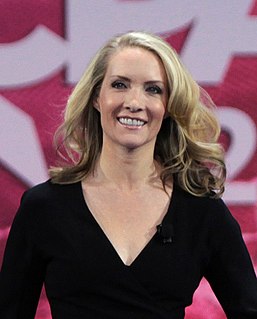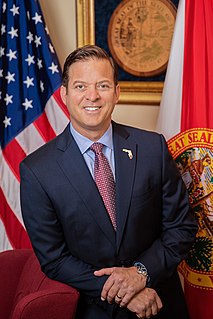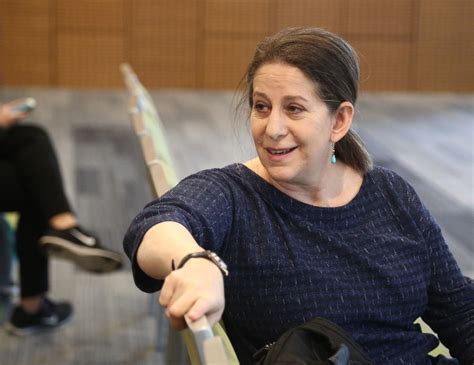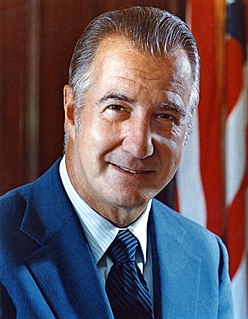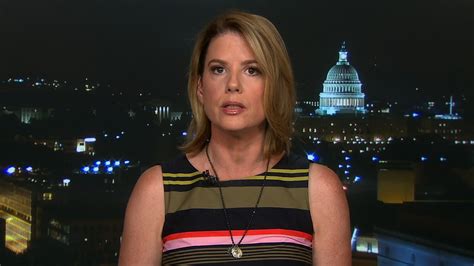Top 1200 Fiscal Policy Quotes & Sayings - Page 3
Explore popular Fiscal Policy quotes.
Last updated on December 18, 2024.
If you have an area where high-income receivers concentrate, you have a higher fiscal capacity. That fiscal capacity is a valuable resource and will create rent-seeking. People will trying to get that resource one way or the other, including immigration. It is very much like the medieval peasants putting their sheep on the commons pasture. It is better than the open range, and if you let them have open access they will, in fact, put too many sheep on the pasture and waste the value that the pasture has.
Temporary delusions, prejudices, excitements, and objects have irresistible influence in mere questions of policy. And the policy of one age may ill suit the wishes or the policy of another. The constitution is not subject to such fluctuations. It is to have a fixed, uniform, permanent construction. It should be, so far at least as human infirmity will allow, not dependent upon the passions or parties of particular times, but the same yesterday, to-day, and for ever.
Regime change has been an American policy under the Clinton administration, and it is the current policy. I support the policy. But regime change in and of itself is not sufficient justification for going to war--particularly unilaterally--unless regime change is the only way to disarm Iraq of the weapons of mass destruction pursuant to the United Nations resolution.
So the Bush-Obama administration has taken a fiscal stance diametrically opposed to that of the patron saint of free enterprise. While escalating war in Afghanistan and maintaining over 850 military bases around the world, the administration has run up the national debt that Smith decried. By shifting the tax burden off property and off rent-seeking monopolies - above all, off the financial sector - this policy has raised America's cost of living and doing business, thereby undercutting its competitive power and running up larger and larger foreign debt.
We are apt to say that a foreign policy is successful only when the country, or at any rate the governing class, is united behind it. In reality, every line of policy is repudiated by a section, often by an influential section, of the country concerned. A foreign minister who waited until everyone agreed with him would have no foreign policy at all.
For me the root of evil today is the policy of President Bush. It is a fascist policy. I cannot understand how is it that the Jewish people, who have been the victims of Nazism, can support such a fascist policy. No other people in the world support those policies but Israel! This situation saddens me.
The problem with much of the debate over this issue is that we confuse two separate matters: immigration policy (how many people we admit) and immigrant policy (how we treat people who are already here). What our nation needs is a pro-immigrant policy of low immigration. A pro-immigrant policy of low immigration can reconcile America's traditional welcome for newcomers with the troubling consequences of today's mass immigration. It would enable us to be faithful and wise stewards of America's interests while also showing immigrants the respect they deserve as future Americans.
Under the rule of the "free market" ideology, we have gone through two decades of an energy crisis without an effective energy policy. Because of an easy and thoughtless reliance on imported oil, we have no adequate policy for the conservation of gasoline and other petroleum products. We have no adequate policy for the development or use of other, less harmful forms of energy. We have no adequate system of public transportation.
There is no economic policy. That's really important to say. The general modus operandi of the Bushies is that they don't make policies to deal with problems. They use problems to justify things they wanted to do anyway. So there is no policy to deal with the lack of jobs. There really isn't even a policy to deal with terrorism. It's all about how can we spin what's happening out there to do what we want to do.
I'm not optimistic about reform in many, if any, policy areas at all. I think we'll make further progress by inventing new things that aren't much regulated yet and outracing bad policy. I look at so many policy areas - regulation, regulatory reform, health care reform - it's all failing, we're not making improvements, we're going backwards.
What are the policy implications of the government and this fantasy Islam, what are the policy implications of a United States government that believes Islam is as anti-terror as you and I are? Well, it means that Islamic doctrine can never be cited as the cause of terrorism, as a matter of policy. And it never is. It never is.































